Plotinus and Neoplatonism: The culmination of classical Greek philosophy
Plotinus (circa 204–270 CE) and the school of thought he founded, known as Neoplatonism, represent the final and arguably most sophisticated phase of classical Greek philosophy. Rooted in the metaphysical framework of Plato, Neoplatonism expanded and systematized Platonic thought, integrating elements of Aristotelian, Stoic, and Pythagorean philosophy. It became a dominant intellectual and spiritual force in the late antique world, influencing subsequent developments in Christian theology, Islamic philosophy, and the Western mystical tradition.

Head in white marble. The identification as Plotinus is plausible but not proven. Source: Wikimedia Commonsꜛ (license: CC BY-SA 3.0)
Plotinus: Life and philosophical vision
Plotinus was born in Lycopolis, Egypt, and studied philosophy in Alexandria under Ammonius Saccas, a teacher associated with Platonic and Aristotelian traditions. Around 244 CE, Plotinus moved to Rome, where he established a school that attracted a diverse group of students, including members of the Roman elite. His teachings were compiled and systematized by his student Porphyry into six sets of nine treatises, collectively known as the Enneads.
Plotinus’ philosophy reflects a profound engagement with the works of Plato, whom he revered as a spiritual and intellectual authority. However, his thought also draws on the metaphysical principles of Aristotle, the ethical insights of the Stoics, and the mystical traditions of Pythagoreanism. Plotinus’ philosophical vision is centered on the concept of emanation, describing a cosmos that flows from a singular, transcendent source — the One — through a hierarchical process of unfolding and return.
The metaphysics of emanation
The metaphysical framework of Neoplatonism is built around the principle of emanation, which describes the relationship between the One, the Intellect (Nous), the Soul (Psyche), and the material world. These levels of reality are not separate entities but interconnected aspects of a single, dynamic process.
The One
At the apex of Plotinus’ metaphysical system is the One, an ineffable and transcendent source that is beyond all categories of being and thought. The One is not a personal deity but an absolute unity and the ultimate cause of all existence. It is entirely self-sufficient and does not actively create but overflows with an abundance of being, generating the rest of the cosmos through emanation.
The intellect (nous)
The first emanation from the One is the Intellect, or Nous, which represents the realm of perfect forms and the principle of rationality. The Nous contains the totality of intelligible reality, including the archetypes or Platonic forms that structure the cosmos. It is both the product of the One’s overflow and the contemplative gaze that seeks to understand the One.
The soul (psyche)
The Soul, the third principle in the hierarchy, emanates from the Nous and serves as the intermediary between the intelligible and material realms. The Soul is both universal and individual, encompassing the rational principle that animates the cosmos and the individual souls that govern living beings. It is through the Soul’s activity that the material world comes into being.
The material world
At the lowest level of the hierarchy is the material world, which represents the furthest emanation from the One. While the material world is a necessary aspect of the cosmic order, it is also characterized by imperfection and limitation due to its distance from the divine source. However, even the material world retains a connection to the One through the presence of the Soul.
The ethical and spiritual dimensions of Neoplatonism
Neoplatonism is not merely a metaphysical system but also a practical philosophy aimed at guiding individuals toward spiritual fulfillment. Plotinus emphasized the idea that the human soul, as a part of the universal Soul, retains a direct connection to the divine and has the potential to ascend through contemplation and self-purification.
The ascent of the soul
The spiritual path in Neoplatonism involves an ascent from the material world to the realm of the One. This process begins with ethical discipline and the cultivation of virtues, which purify the soul and free it from attachment to material concerns. The next stage involves intellectual contemplation, where the soul aligns itself with the Nous and gains insight into the intelligible forms. The final goal is mystical union with the One, a state of ineffable unity and transcendence.
The role of beauty
For Plotinus, beauty serves as a bridge between the material and the divine. The experience of beauty, whether in nature, art, or the human soul, awakens a longing for the higher reality of the forms and ultimately for the One. Beauty thus plays a central role in the ascent of the soul, inspiring individuals to transcend the limitations of the material world.
Neoplatonism and the end of classical philosophy
Neoplatonism represents both a culmination and a transformation of classical Greek philosophy. It synthesized the metaphysical, ethical, and epistemological insights of earlier traditions into a unified and comprehensive framework, addressing questions about the nature of reality, the divine, and human purpose that had preoccupied Greek philosophers for centuries.
At the same time, Neoplatonism marked a departure from the rationalism of classical philosophy, emphasizing mystical experience and the ineffable nature of ultimate reality. This shift reflects the changing intellectual and cultural landscape of late antiquity, as philosophical inquiry increasingly intersected with religious and spiritual concerns.
The legacy of Neoplatonism
Neoplatonism had a profound and enduring impact on the intellectual and spiritual traditions of the Western and Islamic worlds. Its metaphysical and ethical principles influenced the development of early Christian theology, particularly in the works of Church Fathers such as Augustine, who integrated Neoplatonic ideas into his conception of God, creation, and the soul.
In the Islamic world, Neoplatonism shaped the thought of philosophers such as Al-Farabi, Avicenna, and Averroes, who adapted its principles to reconcile Greek philosophy with Islamic theology. In the Renaissance, the revival of Neoplatonism through figures like Marsilio Ficino and Giovanni Pico della Mirandola inspired a renewed interest in the relationship between philosophy, religion, and the arts.
Neoplatonism also contributed to the Western mystical tradition, influencing thinkers such as Meister Eckhart and the Cambridge Platonists. Its emphasis on the unity of being and the spiritual ascent of the soul continues to resonate in contemporary discussions of metaphysics, spirituality, and the philosophy of religion.
Conclusion
Plotinus and Neoplatonism represent the culmination of classical Greek philosophy, offering a sophisticated synthesis of metaphysical, ethical, and spiritual insights. By addressing the deepest questions of existence and providing a path for spiritual ascent, Neoplatonism bridged the gap between the philosophical traditions of antiquity and the emerging religious and intellectual currents of late antiquity and the Middle Ages.
References and further reading
- Hellmut Flashar, Michael Erler, Günter Gawlick, Woldemar Görler, Peter Steinmetz, Die Philosophie der Antike. Bd.4. Die hellenistische Philosophie, 1994, Schwabe, Aus der Reihe: Grundriss der Geschichte der Philosophie, ISBN: 9783796509308
- Plotinus, The Enneads, 1991, Penguin Classics, ISBN: 978-0140445206
- Armstrong, A. H., The Architecture of the Intelligible Universe in the Philosophy of Plotinus, 2013, Cambridge University Press, ISBN: 978-1107656734
- Hadot, P., Plotinus or The Simplicity of Vision, 1998, University of Chicago Press, ISBN: 978-0226311944
- Rist, J. M., Plotinus: The Road to Reality, 1977, Cambridge University Press, ISBN: 978-0521292023
- Gerson, L. P., Plotinus, 1999, Routledge, ISBN: 978-0415174091


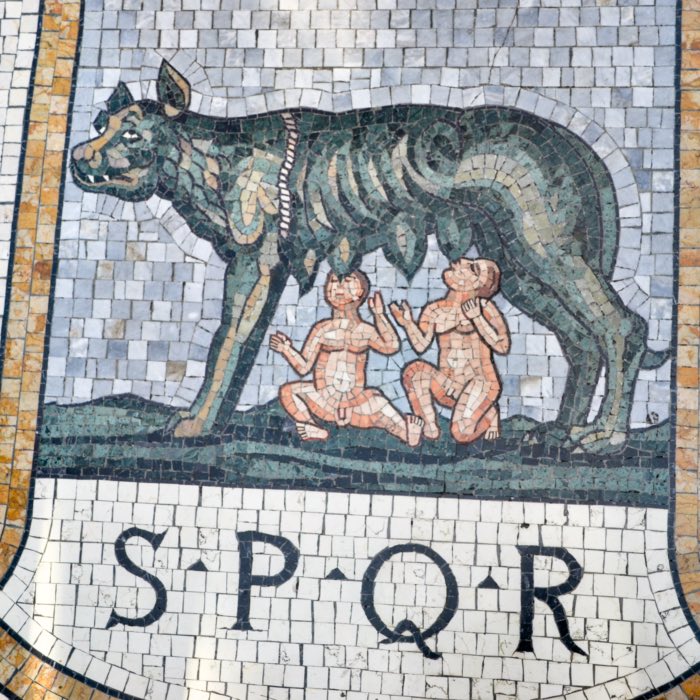
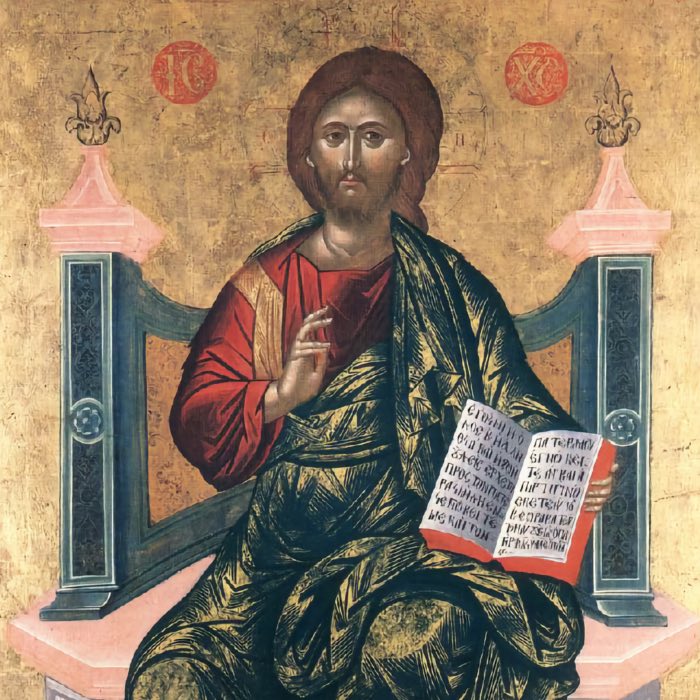
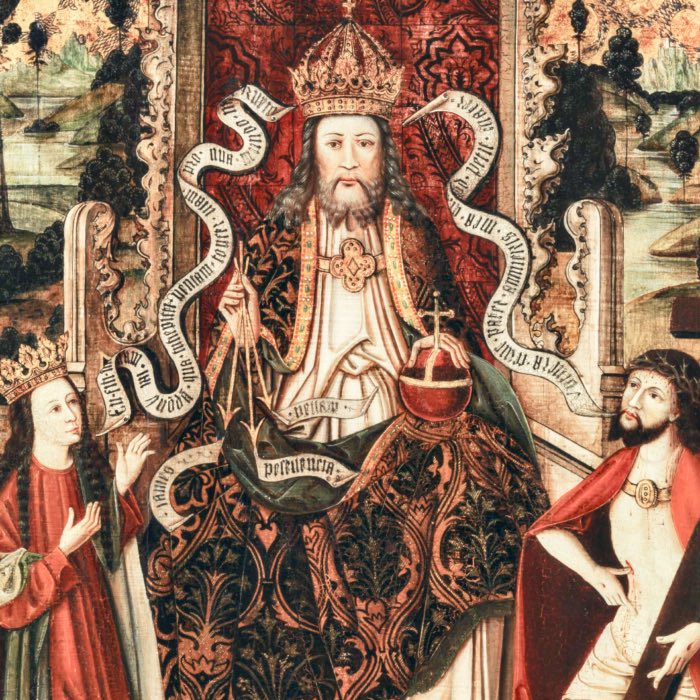
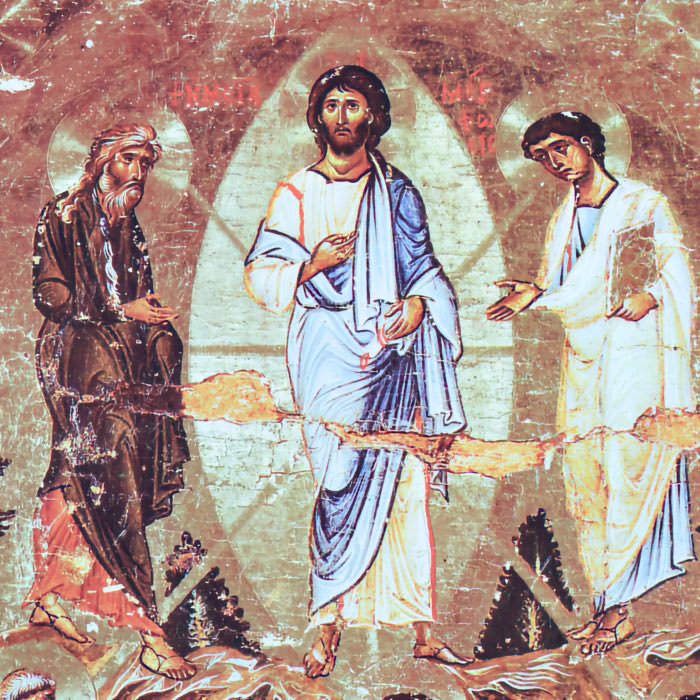
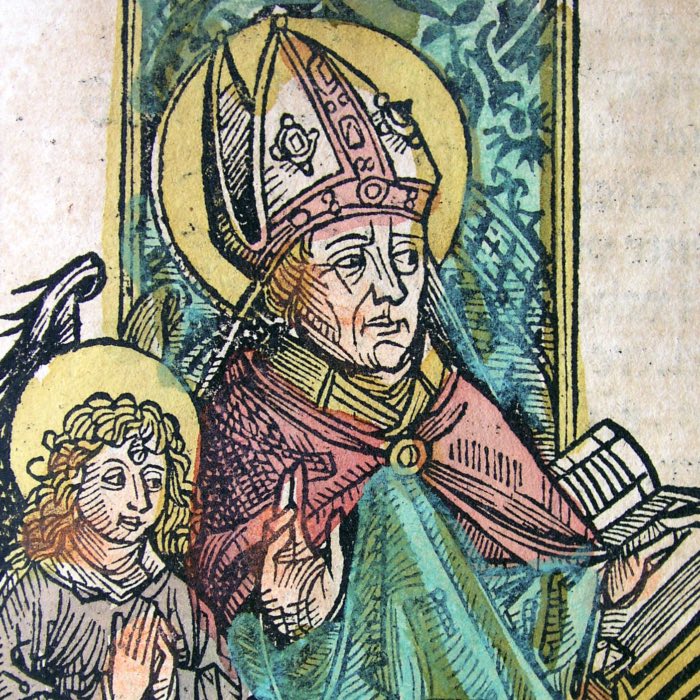
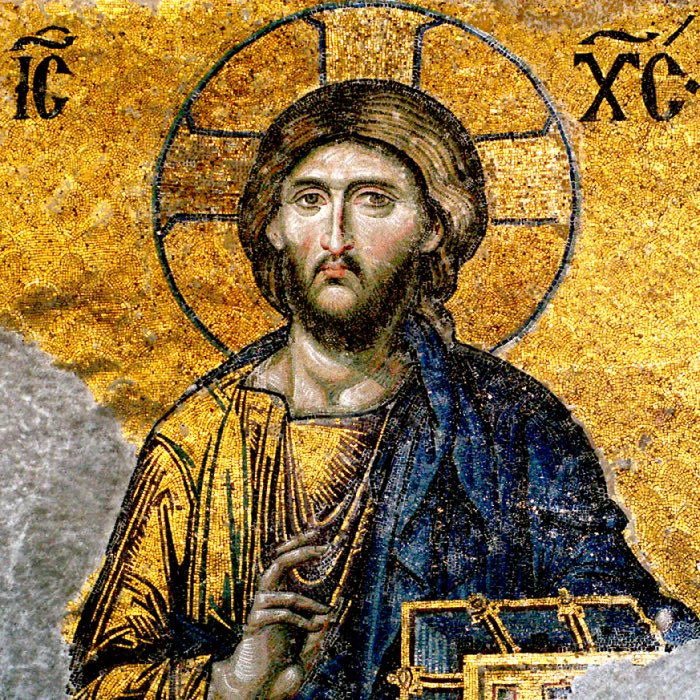
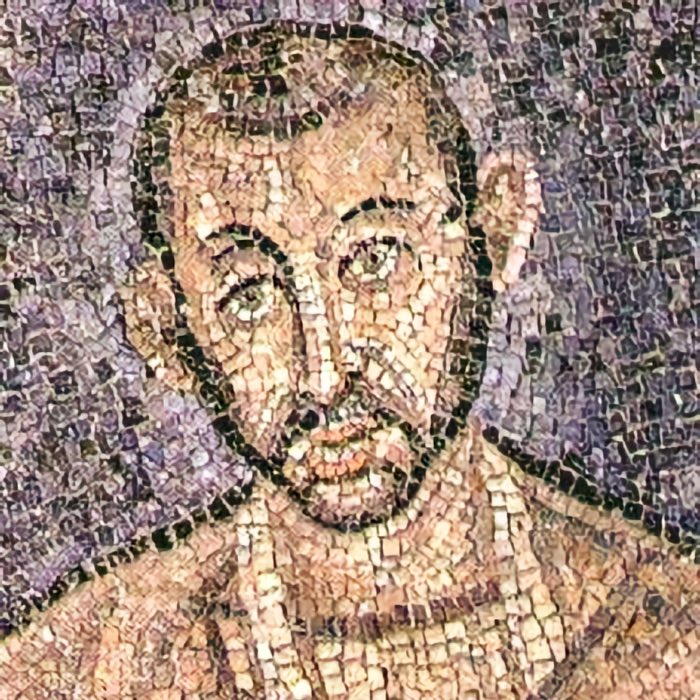
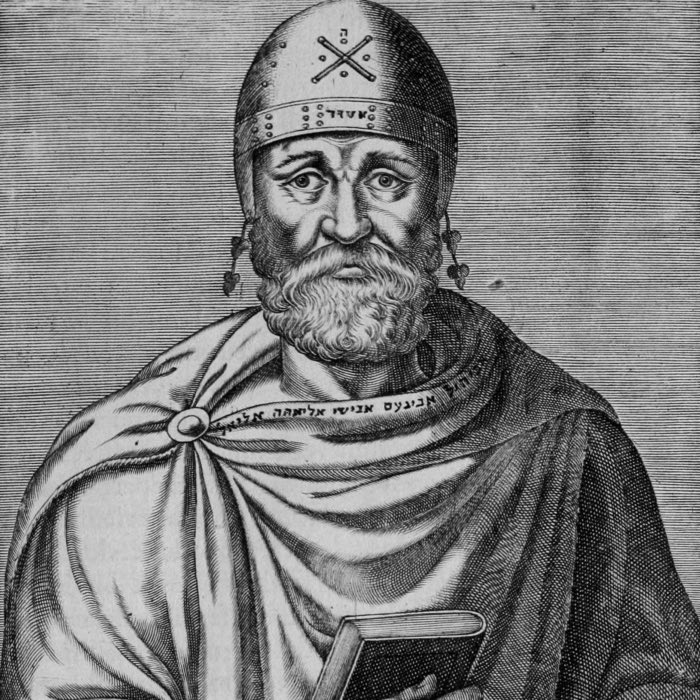
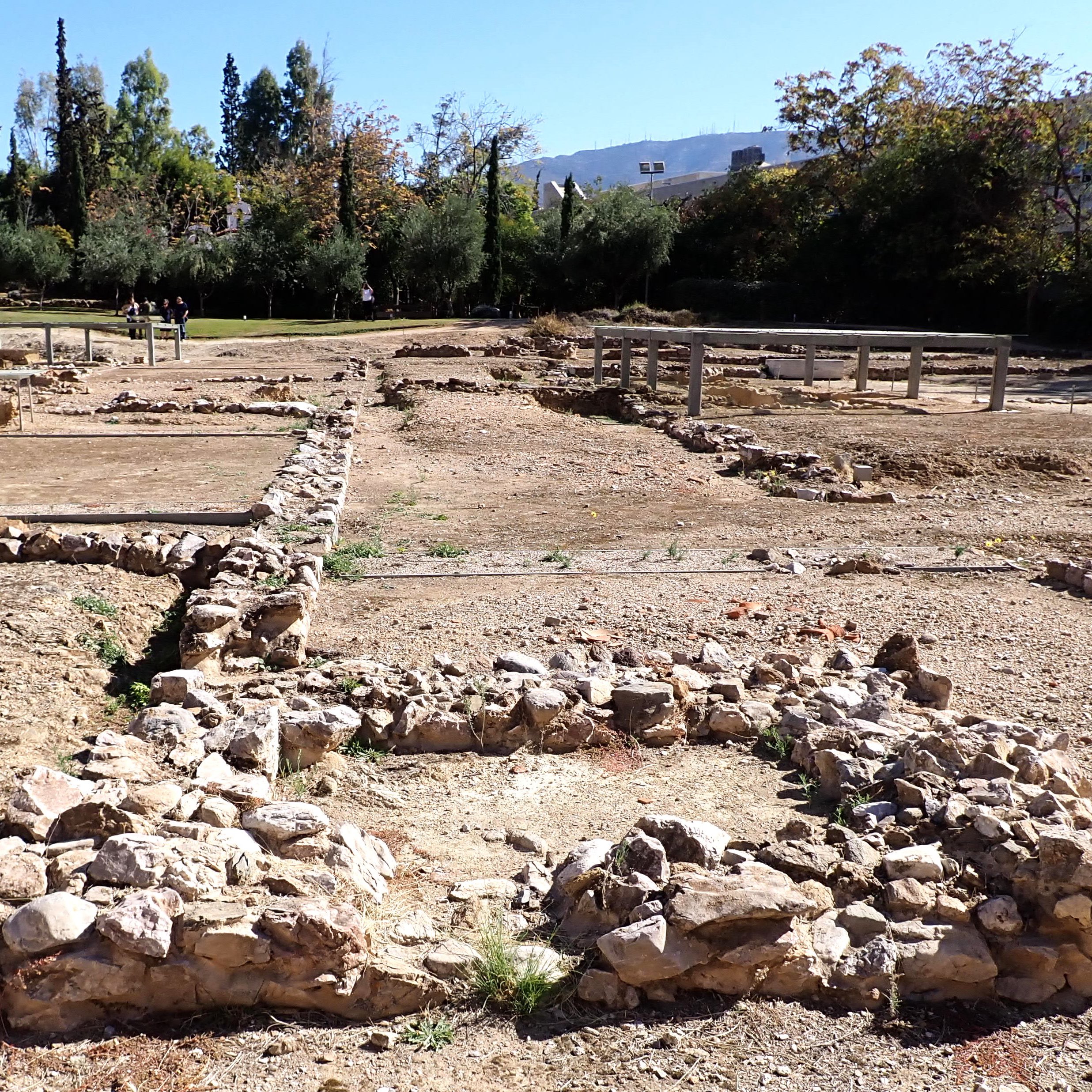
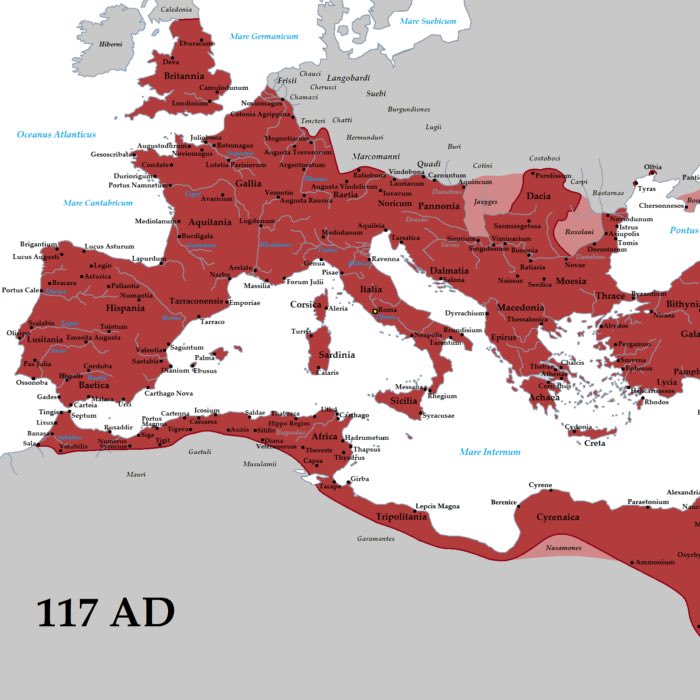



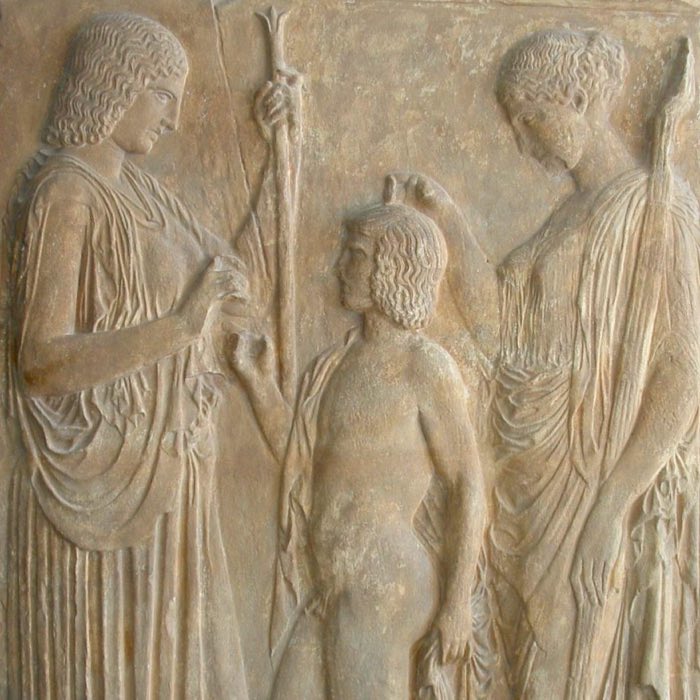
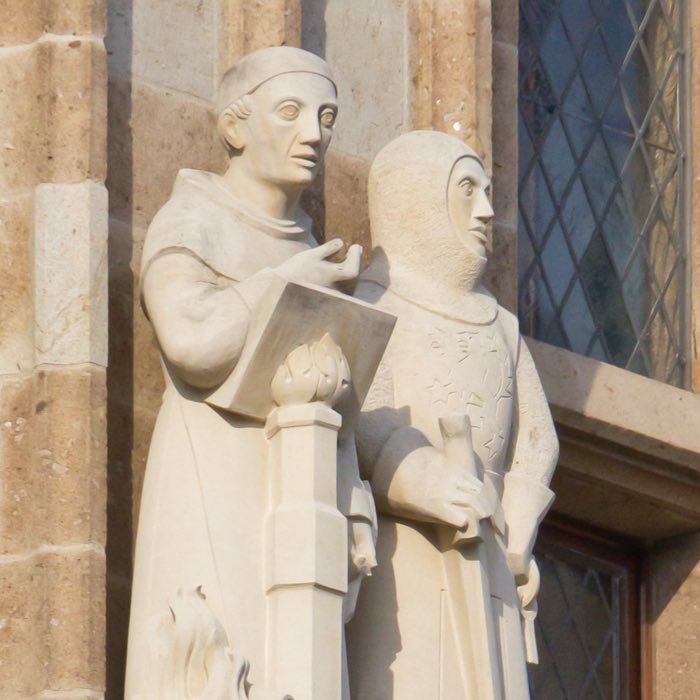
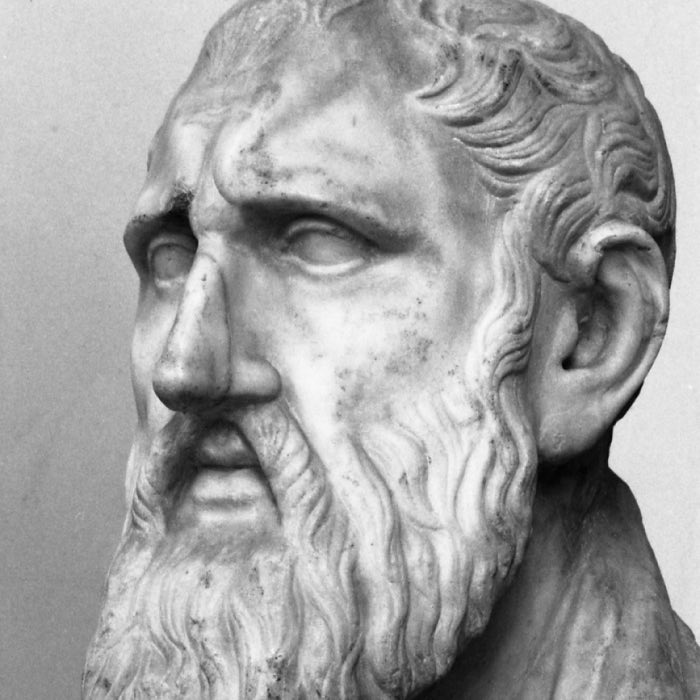
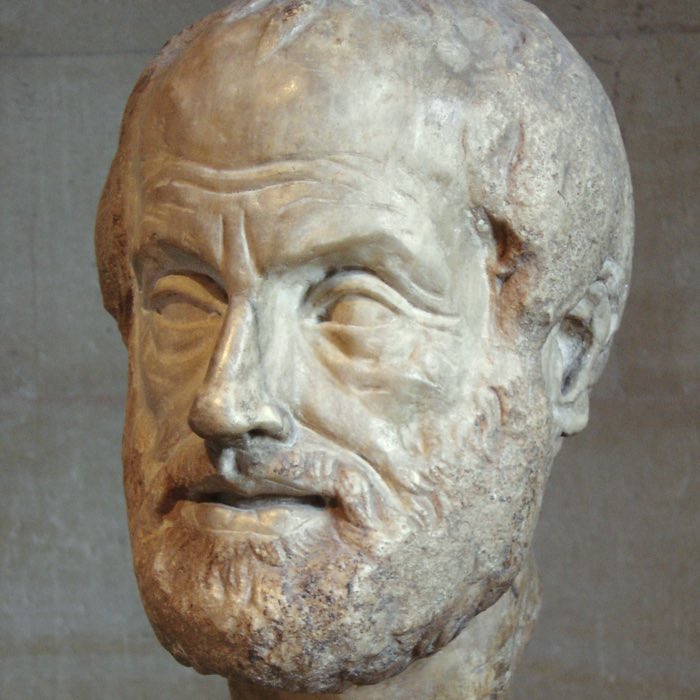
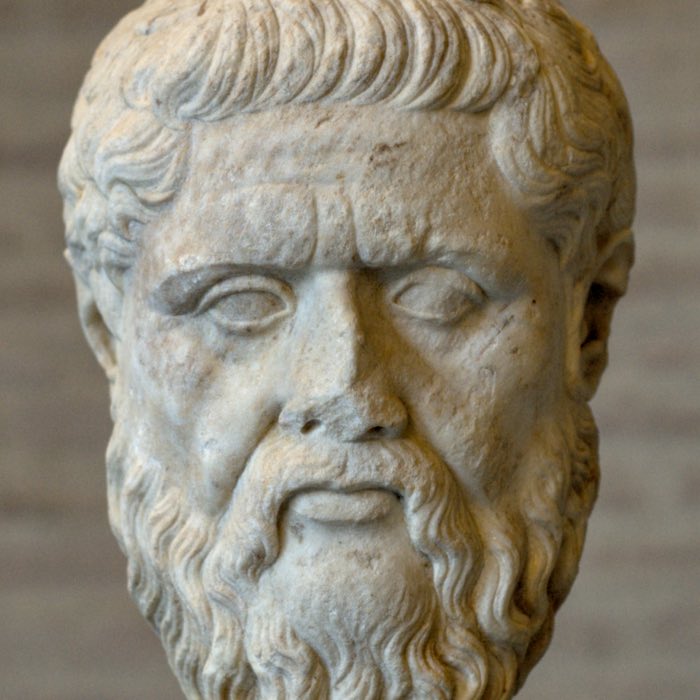
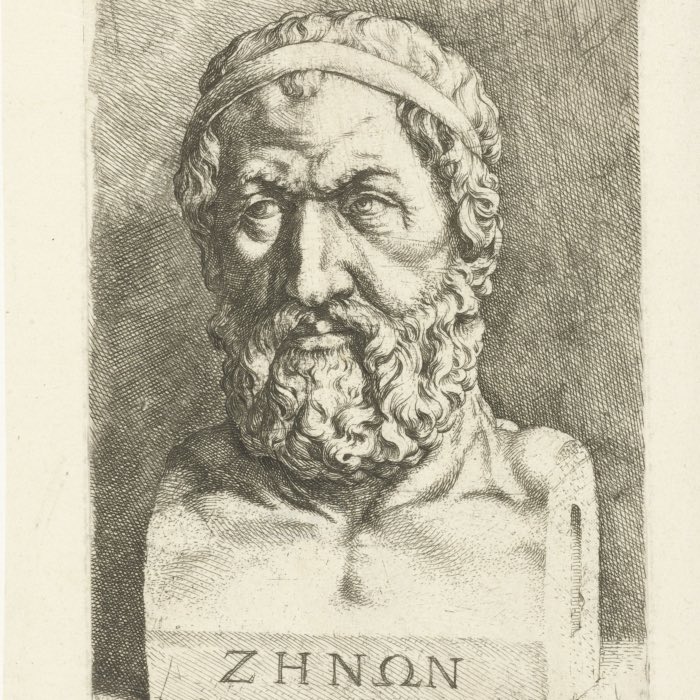
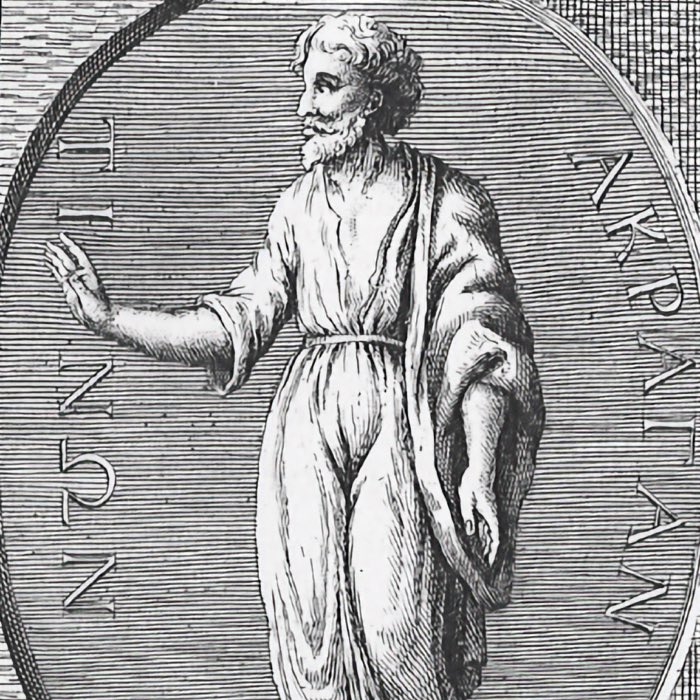
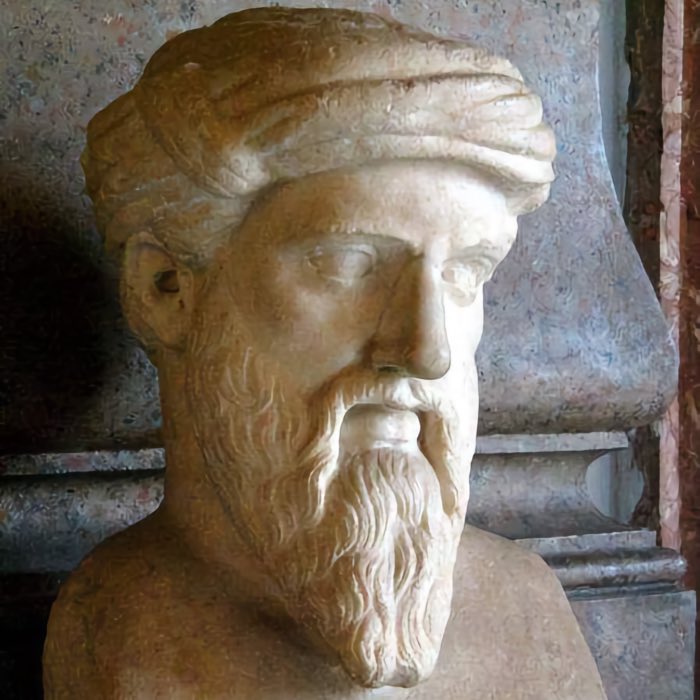
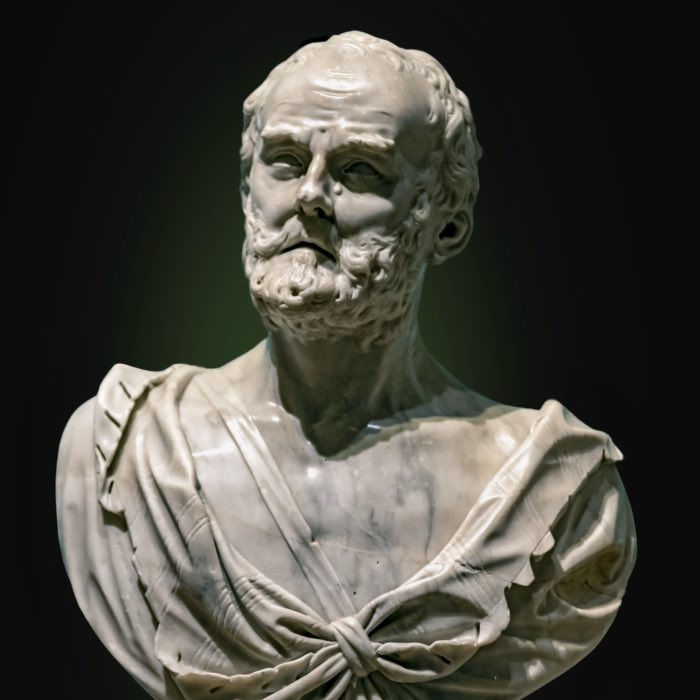
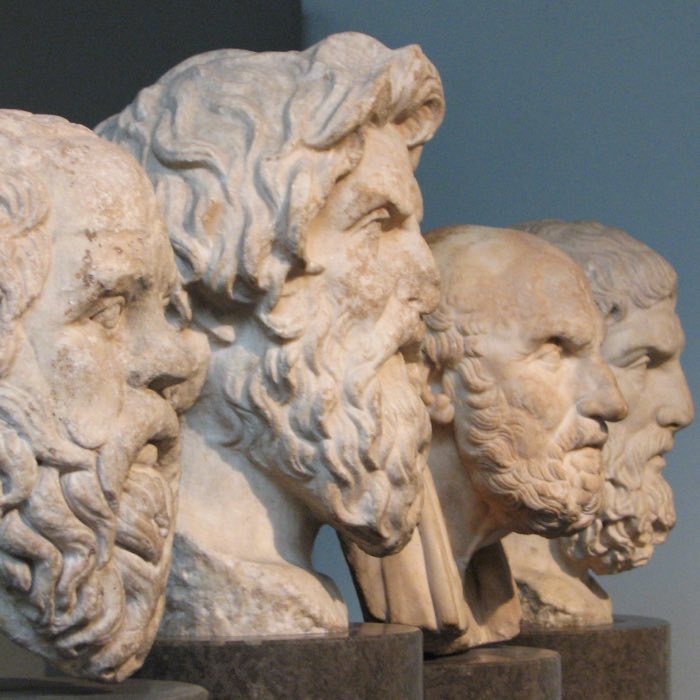
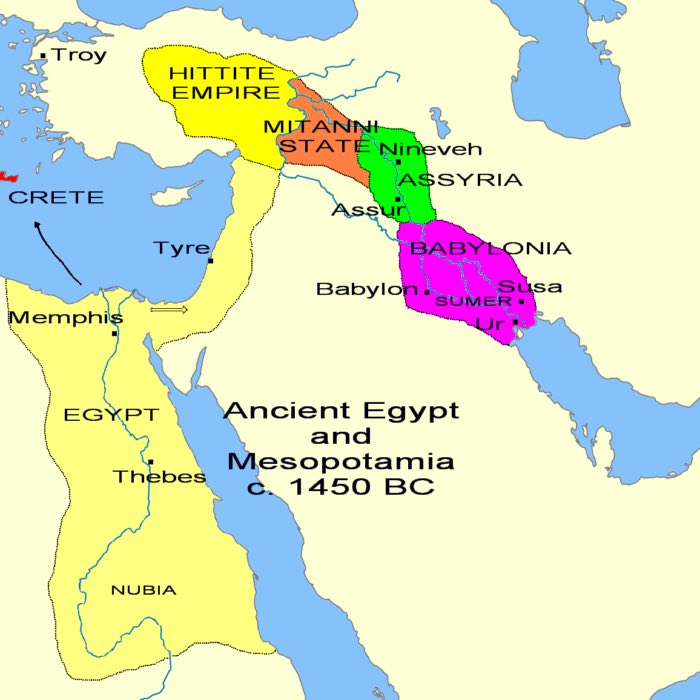









comments